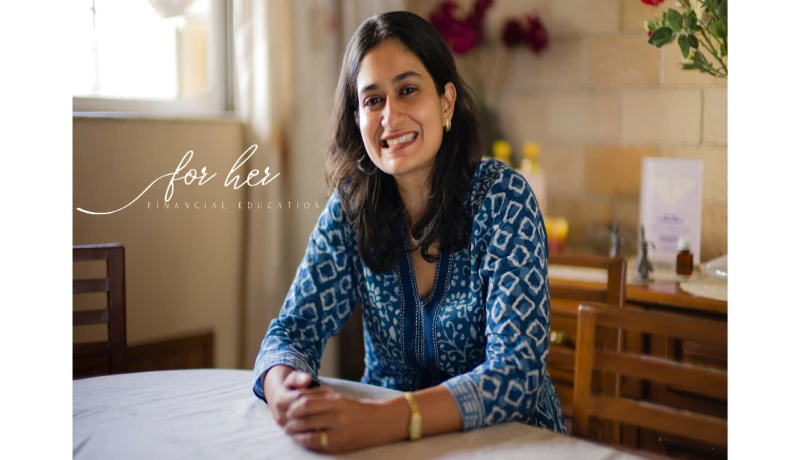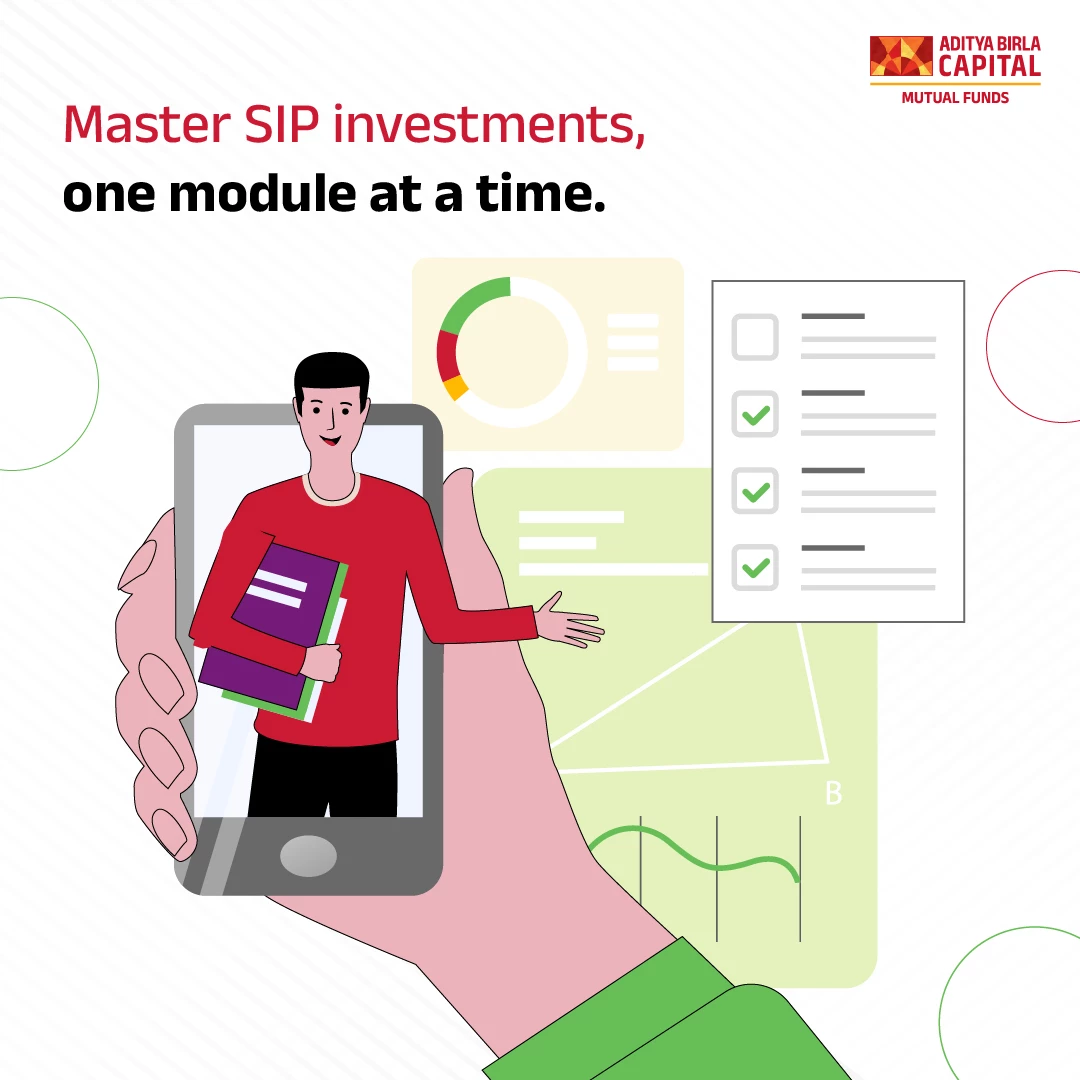Financial independence, freedom or wellness - these terms sound too familiar and often used interchangeably. But that is incorrect. These terms mean different things and involve several different ways to boost them.
It's often the result of careful financial planning. Financial independence normally comes at a later stage once you are financially well. Financial independence refers to having enough income to pay your living expenses for the rest of your life without having to be employed or dependent on others.
Budgeting
The first step in creating an adequate budget is accurately determining your costs, income, and target savings. Monthly bill payments and debts are two of the most important factors to consider when creating a budget. Unexpected expenses, such as medical emergencies, family events, luxury, and personal spending, can wreak havoc on your monthly budget.
Keep track of your expenses and figure out where your money is going. Always question yourself, "Do I have the budget to spend on this product/service?" before spending. Is this, moreover, the most incredible time to invest in these high-end goods or services? Create a money spending plan to help you develop healthy spending habits. To help keep yourself on track, write out your short-term and long-term financial goals, and re-visit them often to remind yourself why you are saving and limiting your spend.
Savings
Let's talk about your savings for a moment. Saving regularly goes a long way toward guaranteeing financial stability. The first step toward achieving your savings goals is to create a high-yield savings account with a reputable bank. The general rule should be to save more money and spend less. If you strike the correct balance, you'll be surprised to find that you have additional cash on your hands.
Consider putting this money into your emergency fund. Rather than keeping extra cash on hand, put it in a reputable savings account and reap the rewards. Automatically depositing money into your savings account with automated banking tools is a beautiful approach to assure optimum savings.
Educate Yourself
Look for financial education programs that are appropriate for you. There are several free resources available where you can learn at your own pace. They may assist you in better understanding how money works, how to budget more effectively, how to establish credit and save more money, and how to pay off debt.
Here's a no-brainer: if your employer offers effective financial wellness initiatives, take advantage of them! There are numerous financial wellness solutions available to help you better your financial situation. They focus on personalized training and e-learning to attain financial wellness, in addition to formal coaching and appropriate financial guidance. When it comes to money, don't be scared to seek professional assistance.
Allocate Your Savings
It's also never too early or too late to start putting money aside for a family's emergency fund. It increases economic stability and reduces the possibility of a budget deficit. Your investments should, in theory, yield high returns while offering little risk. Find the right balance and focus on broadening your financial portfolio.
Consider mutual funds, insurance plans, pension funds, real estate, and senior citizens’ savings schemes to get a head start on your retirement savings. If you know you'll need money in a few years, invest in short-term, high-liquid assets like peer-to-peer loans or savings accounts.
Loans and Debt
Loans are the most effective financial tool when one needs money in an emergency. You should always search for lower interest rates when applying for a loan, whether it's a personal loan or a company loan. Personal loans are unsecured, which means they have high-interest rates, which often start at 11%. Take a close look at your finances before deciding on the best loan for you.
Keep an eye out for current market interest rates in your income bracket. Going to a bank and achieving a reduced interest rate is one of the top financial health recommendations. Random adverts promising cheap interest rates and large loan amounts should be avoided; they could be false. Do your due diligence before opting for one.
Retirement Planning
The most acceptable financial wellness tip is to keep in mind that it's never too early to start thinking about retirement! The golden rule is to establish a retirement fund and freely contribute to it. This may necessitate a reduction in your monthly purchases and expenditures, but such foresight will provide financial security in the long run, especially for women who tend to live longer and need additional financial resources in retirement.
Don't confuse your retirement savings with your emergency fund; they're not the same thing. Once you've retired, you might find yourself in a situation where you need to act quickly. So be mindful.
An Investor education and Awareness initiative of Aditya Birla Sun Life Mutual Fund
All investors have to go through a one-time KYC (Know Your Customer) process. Investors to invest only with SEBI registered Mutual Funds. For further information on KYC, list of SEBI registered Mutual Funds and redressal of complaints including details about SEBI SCORES portal, visit link : https://mutualfund.adityabirlacapital.com/Investor-Education/education/kyc-and-redressal for further details.
Mutual Fund investments are subject to market risks, read all scheme related documents carefully







 1800-270-7000
1800-270-7000










